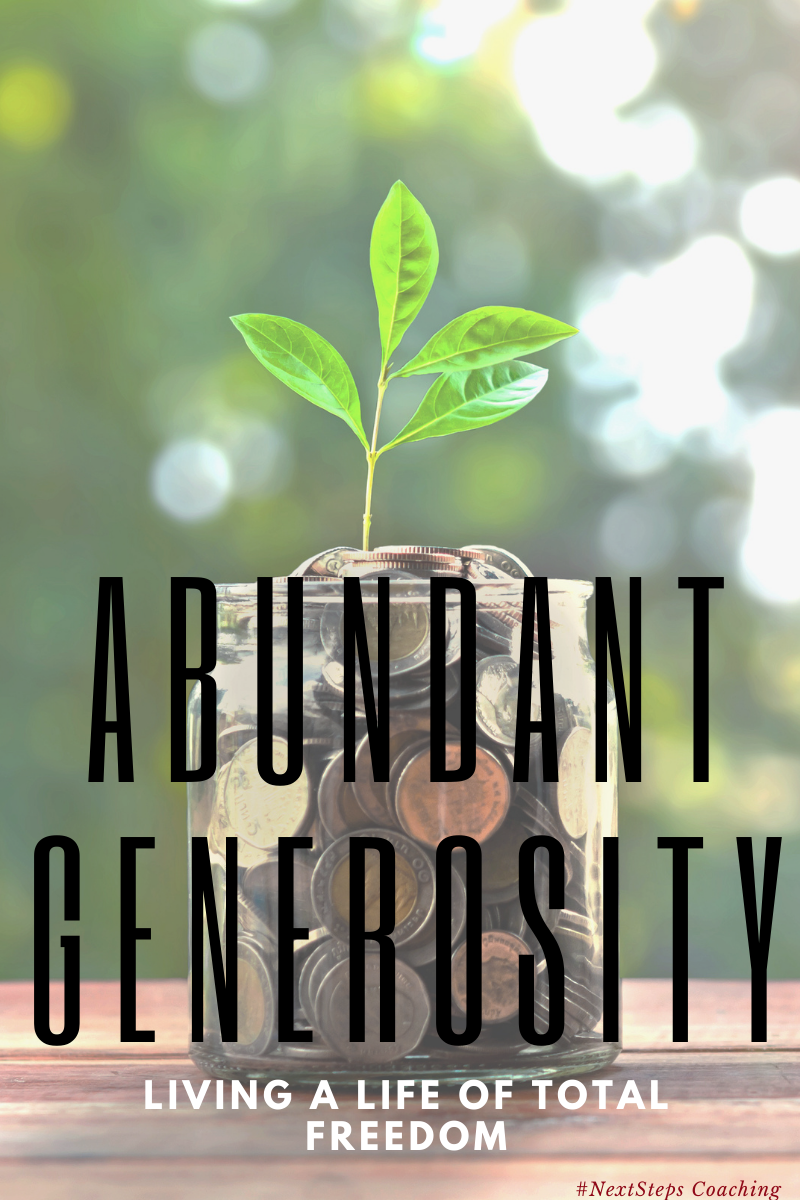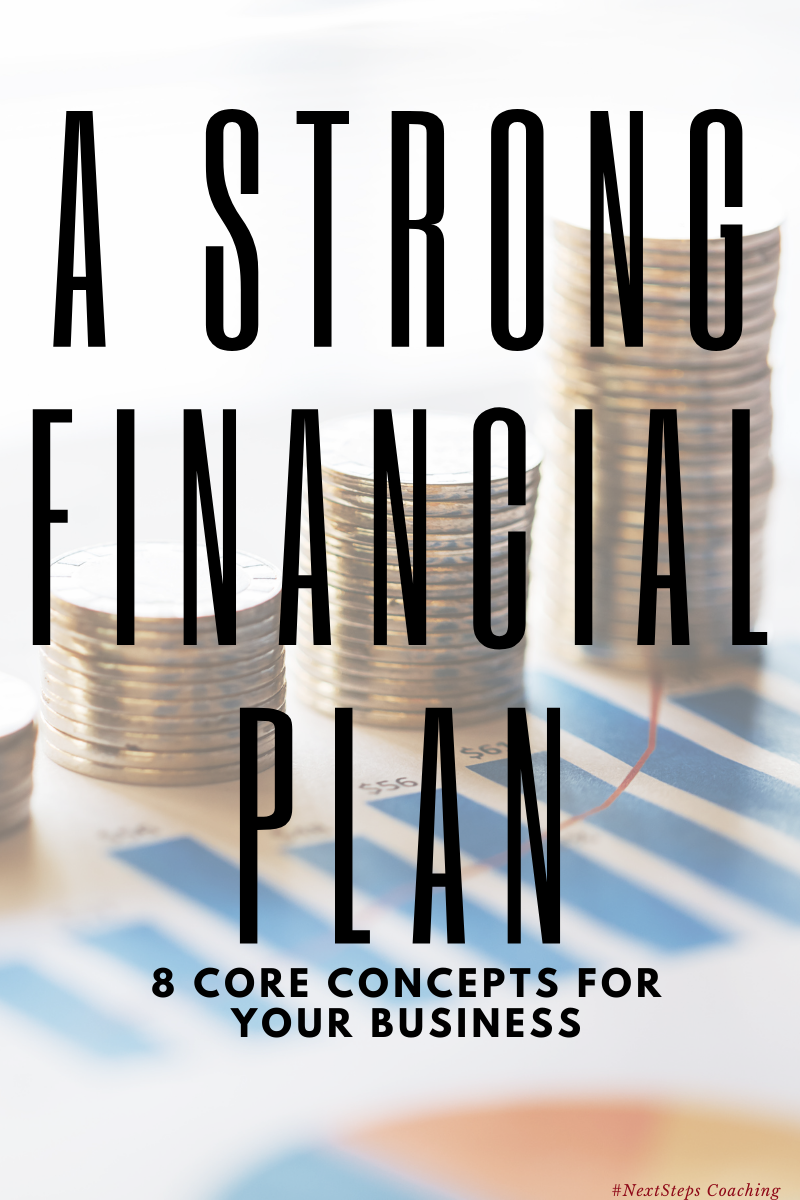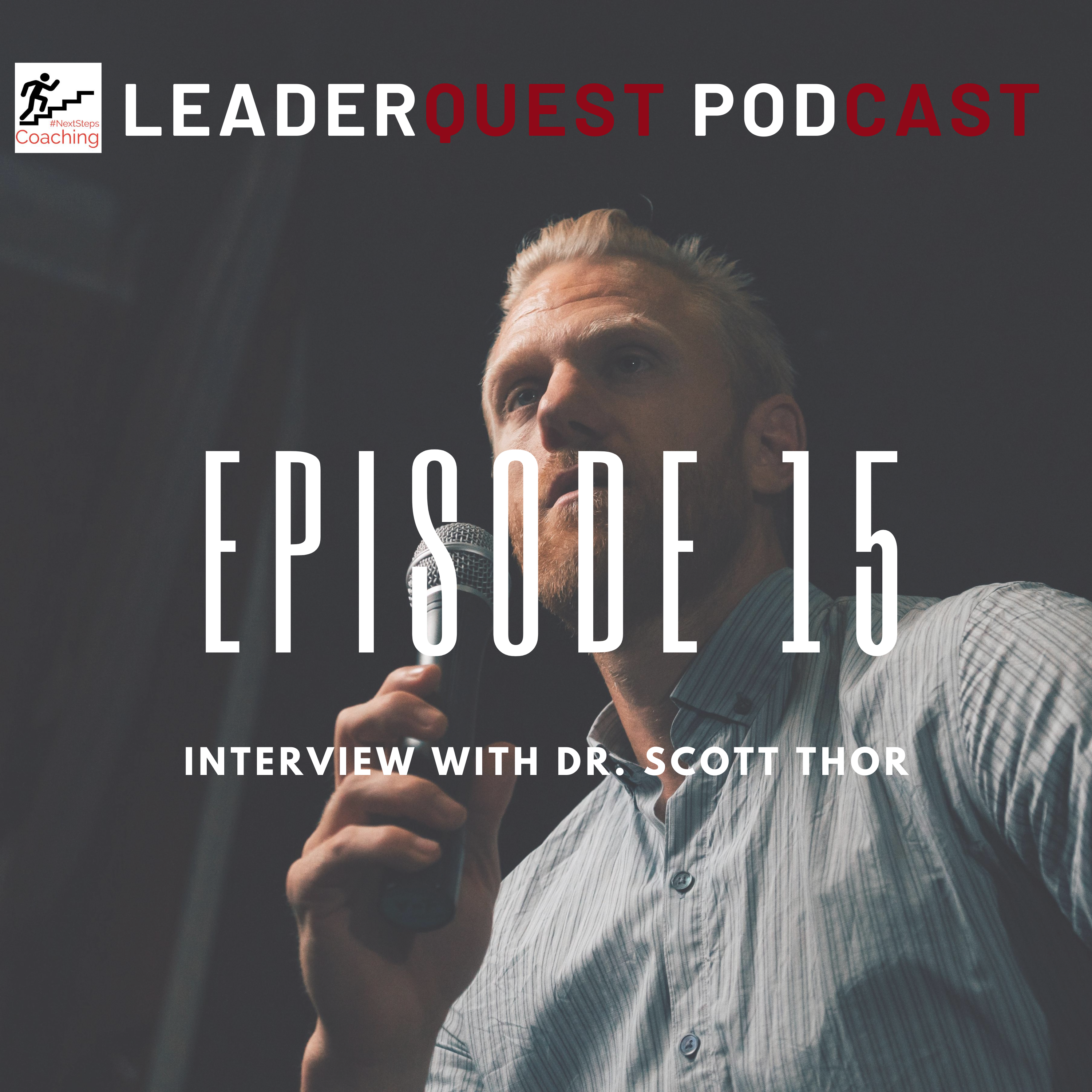
The capstone of great leadership is a life capable of resisting burnout, and that happens through a life of abundant generosity.
You cannot have that, without financial health.
Ultimately, you will never be able to fully resist the pitfall of burnout if your financial life is in order.
Getting Started
In the early days of my coaching practice, this is exactly where I found myself. I wanted to be there fully for my clients, but often wondered how quickly they were going to pay. If it wasn’t soon, I wasn’t going to be able to pay my bills. That sort of internal struggle makes it hard to be fully present.
Maybe you can relate. Maybe you’ve woken up with a knot in your stomach wondering how you were going to make it through the growing pile of bills.
If you’ve ever lived at a point of having more month than money, you know the stress of too little money.
But a life free of burnout goes one step farther. It’s never just about having enough money, it’s about giving back. To be free from burnout as a leader, you give of your time, your resources, your skills, and your expertise. The final commitment is to give your money.
Great leaders not only get their financial life in order, but they also practice living a life of Abundant Generosity.
Abundant Generosity
Abundant generosity is about giving extravagantly. It’s charitable giving, yes, but it’s so much more. It is the openness and willingness to propel others to their own successes.
Abundant generosity is a joyful state of abundance.
It calls for greatness out of yourself and others. 
Abundant generosity opens up the well deep within your soul to provide monetary donations, wisdom, and acts of service to better the causes, communities, and people you care about most.
A number of years ago, I changed part of my pricing package to include a “generosity” option. In short, when people purchase a certain coaching contract with me, I move part of that money into a separate fund that provides scholarships for people that can’t afford full coaching services.
The individual receiving coaching wins by receiving free or discounted coaching services.
I win because I get to help more people.
The person who made the donation wins because they get to practice abundant generosity.
But as I’ve said, finances are only a part of the picture. Sometimes, they know the person who receives coaching. They nominate someone in their organization who then gets the added benefit of a promotion because of their growth through the coaching process.
The end result is a recurring cycle of growth in individuals and organizations where all are giving and receiving. Abundant generosity, in this case, is about bettering the community.
As we wrap up this eleven-part series, I want to encourage you to practice abundant generosity where you have the chance. Give freely and deeply. Bless others. With your money, your time, your gifts, your resources, your network, your business, and your passion.
Start by freeing yourself from the burden of debt. Then, accumulate as much knowledge as you can and give it all away.
The Wrap Up
If you or someone you know is facing burnout, please get help. Email me to set up your first appointment.
Looking for more ways to fight against burnout? Here are 50 self-care tips.
Want the entire series as a Kindle book? Go here.



